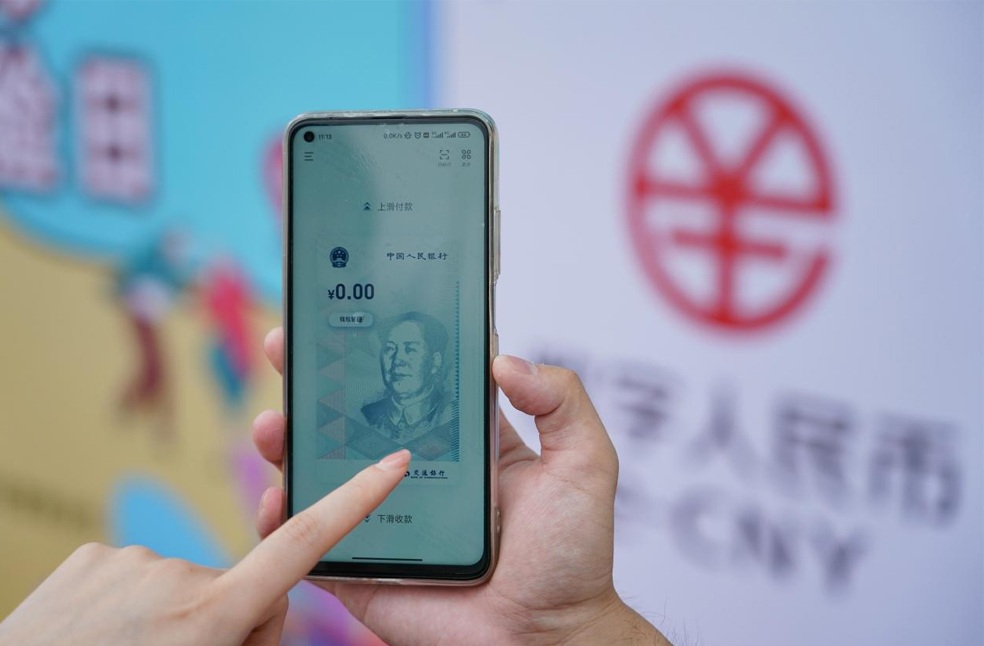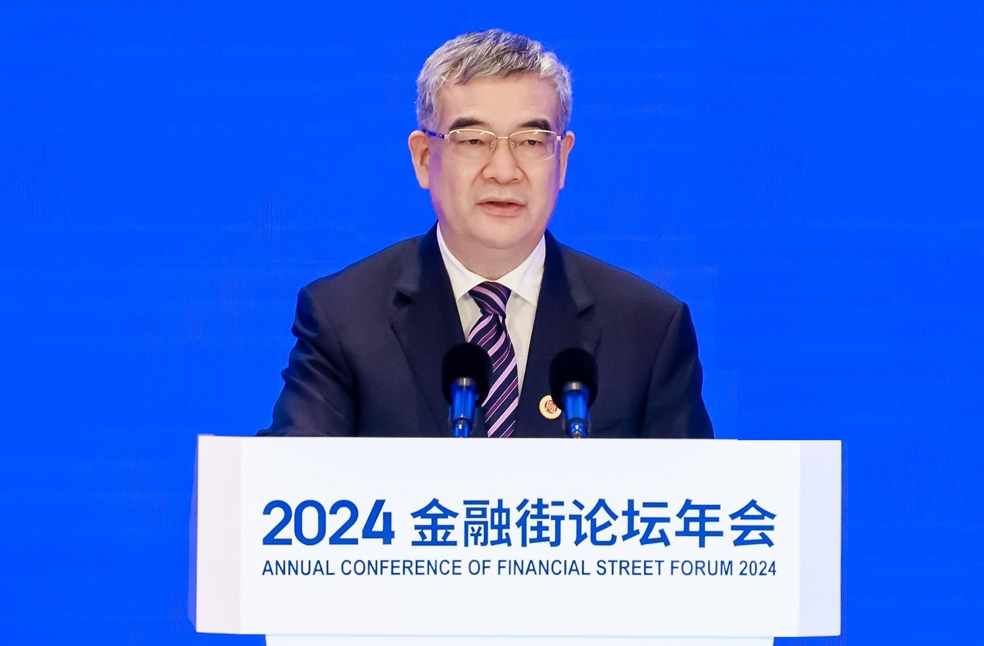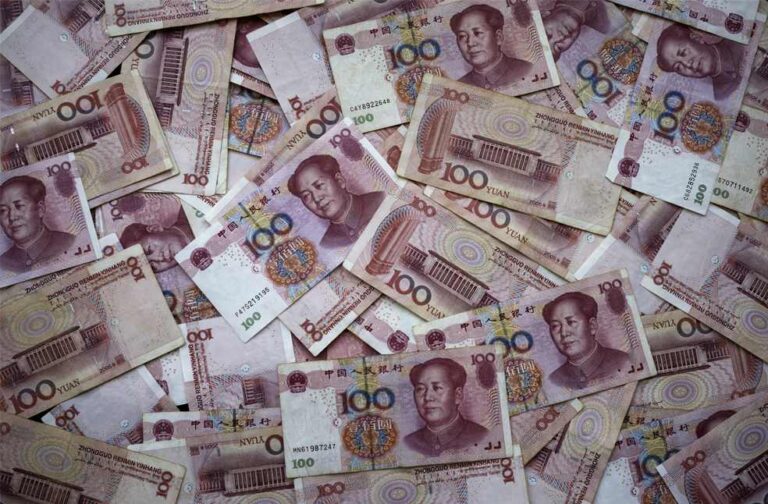Shanghai: At the high-profile Lujiazui Forum in Shanghai, Pan Gongsheng, Governor of the People’s Bank of China (PBOC), has announced the establishment of an international operation center for the digital yuan (e-CNY) in the city.
Gongsheng also strongly advocated for a multi-polar global monetary system, where several major currencies, not just the US dollar, share influence in the world economy.
Pan said that this multi-polar structure would reduce overreliance on any single sovereign currency, enhance checks and balances, improve systemic resilience, and better ensure global financial stability. The Governor pointed out that such a framework would allow dominant currencies to coexist regionally, distributing monetary power more equitably.
The remarks follow growing global interest in alternatives to the dollar, particularly as trade tensions escalate due to the US’s erratic and aggressive tariff policies. This instability has undermined investor confidence in dollar-based assets, prompting a gradual shift toward Asian currencies and the euro.

In line with this trend, Pan said China is committed to accelerating the global role of the yuan, particularly through its digital version, the e-CNY.
The Governor highlighted the vulnerabilities of existing cross-border payment infrastructures, calling them inefficient, exposed to geopolitical risks, and easily ‘politicised and weaponised’ through unilateral sanctions, which he said disrupt the international financial order.
To address this, six foreign banks, including Standard Bank and First Abu Dhabi Bank, have agreed to adopt China’s Cross-Border Interbank Payment System (CIPS), a yuan-based international settlement mechanism. This move, reported by state broadcaster CCTV, is seen as a significant step forward in boosting the yuan’s use in global trade and finance.
China’s ambitions to elevate the yuan to a global currency, on par with the US dollar and the euro, are longstanding. Although capital account controls have hindered full convertibility, limiting the yuan’s potential, progress has been made, particularly in trade partnerships with countries like Russia.

Pan’s statements reflect China’s broader objective to build a financial system that is more independent of Western institutions, a strategy that has gained urgency amid shifting trade patterns and global realignments.
Also speaking at the forum, Zhu Hexin, head of the State Administration of Foreign Exchange, stressed that Beijing will keep the yuan’s exchange rate ‘basically stable’ and is now better equipped to manage foreign exchange market volatility and external shocks.
Li Yunze, Director of the National Financial Regulatory Administration, emphasized China’s commitment to further opening its financial sector to international players. Yunze described foreign institutions as vital bridges for attracting investment and talent and noted that they play a crucial role in the development of a modern Chinese financial system.
Li pledged that China would provide a transparent, stable, and predictable regulatory environment, and signaled an intention to expand openness across a wider range of financial services. The Director added that China’s rapidly growing consumer market would present increasing opportunities for foreign financial institutions.



